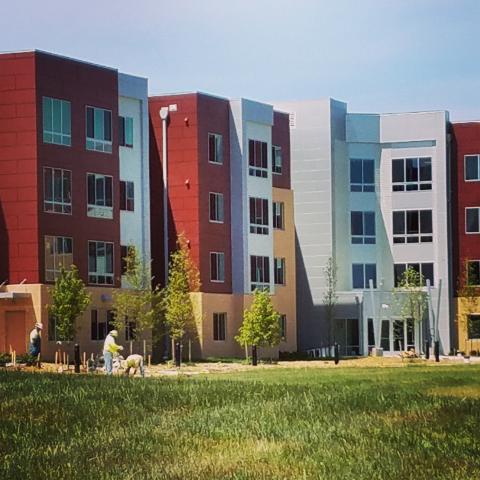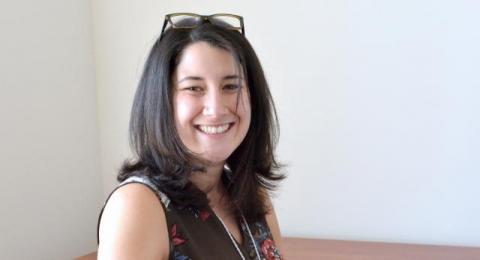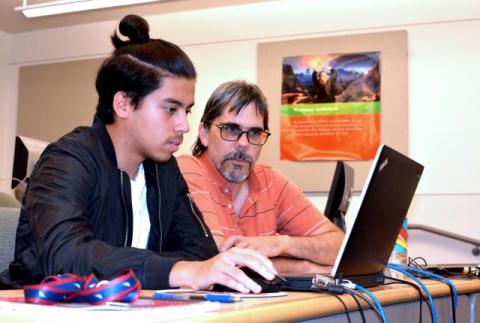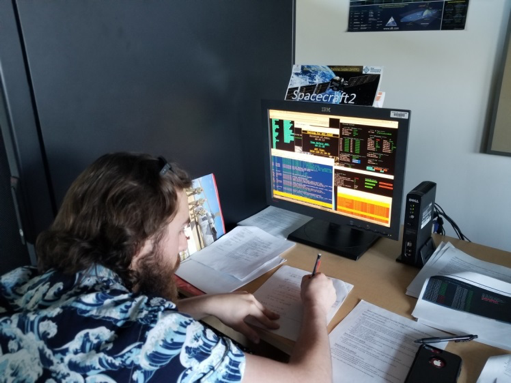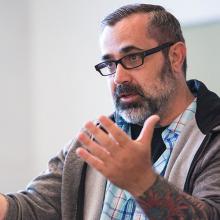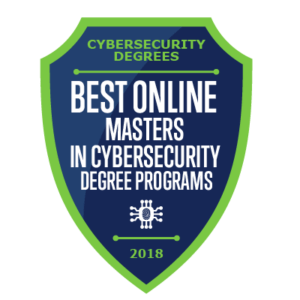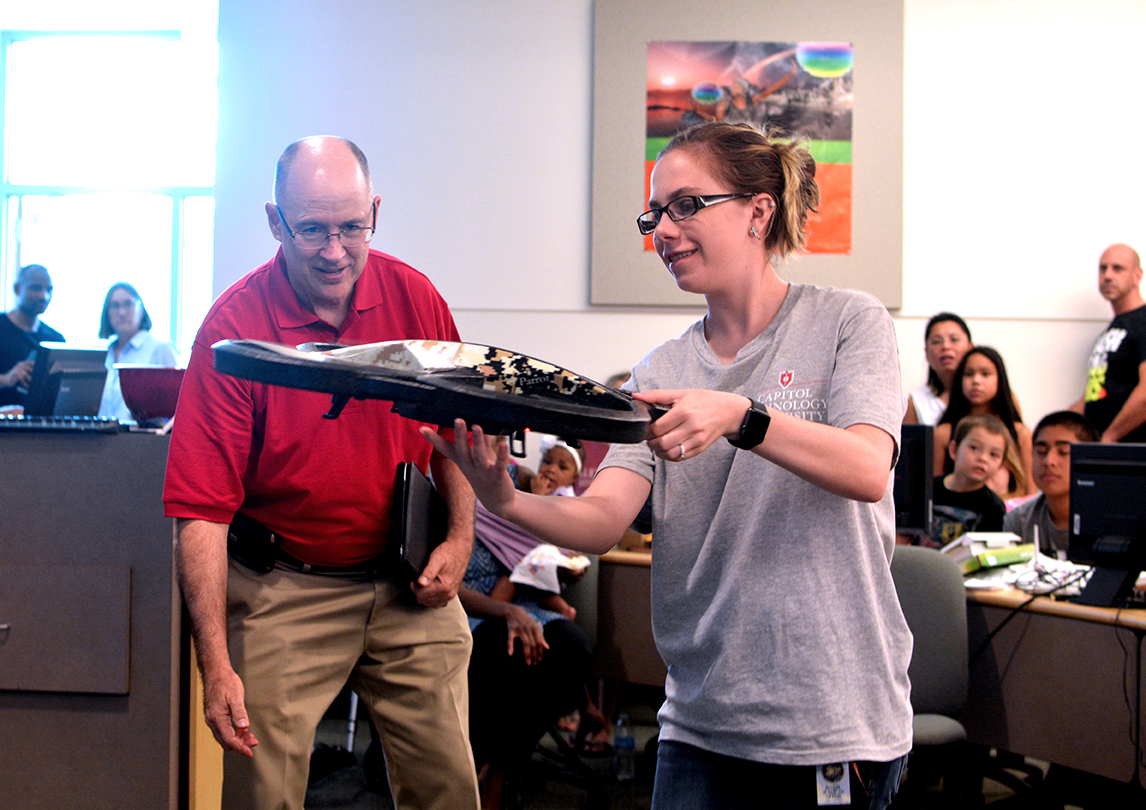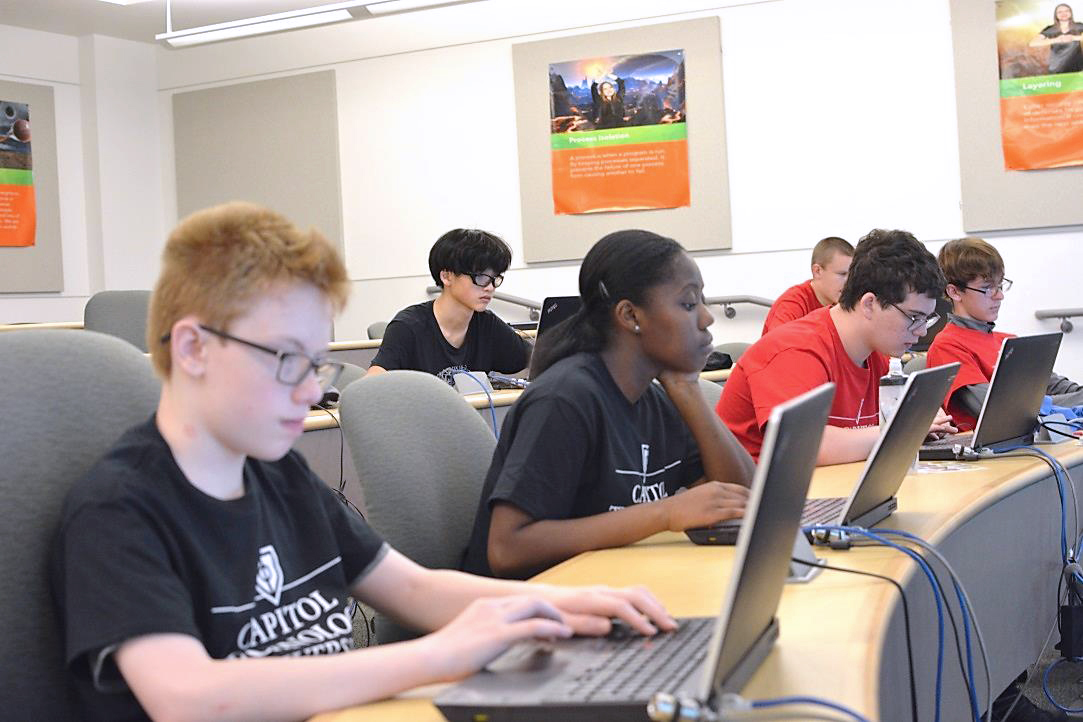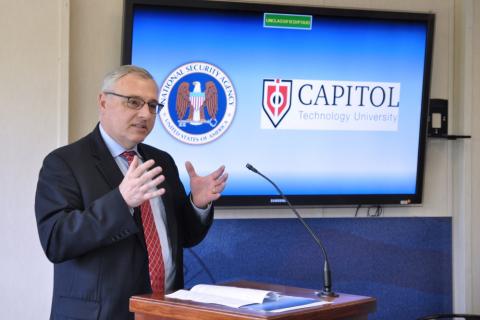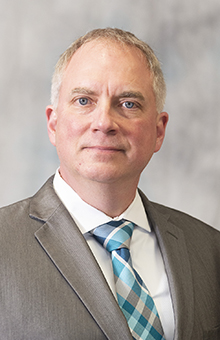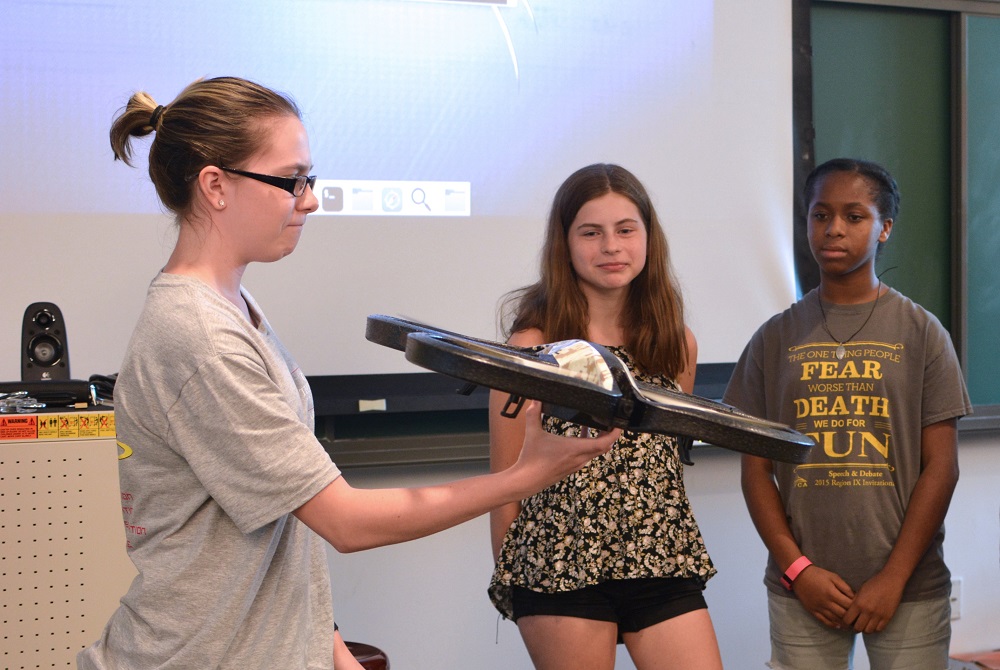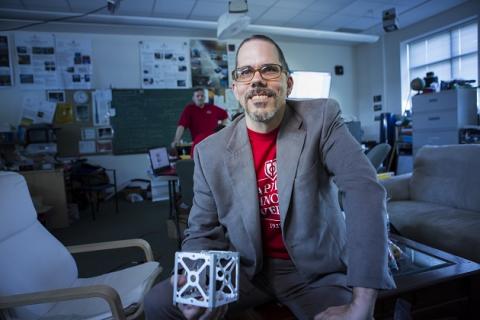Direct Link:
https://www.captechu.edu/blog/new-capitol-degree-program-trains-construction-managers-and-adds-critical-infrastructure
www.CapTechU.edu
Want to become a construction manager? Do you want to understand and
protect the nation’s critical infrastructure? Consider learning the
project management needed skills to be a manager in the construction
industry while learning what and how infrastructure projects operate and
the cybersecurity behind protecting these facilities.

Construction
is a top industry both in the United States and worldwide, with new
projects continually in the works. Those in charge of building new
facilities must also think about how to secure them – not only against
physical intruders, but against attacks launched through computer
networks. And that requires an understanding of how hackers operate, and
how to defend against them.
You won’t find critical infrastructure and cybersecurity skills
taught in most construction management programs, however. And that’s why
Capitol Technology University has launched a brand new bachelor’s
degree program in
construction management and critical infrastructure, providing a unique blend for the next generation of students going into the construction industry.
“I believe this is the time to bring these fields closer together,” says
Dr. Bradford L. Sims,
Capitol’s president. Dr. Sims holds bachelors and master’s degrees in
construction management and has worked coast-to-coast in industrial
construction, often drawing from his own computer background to solve
digital-era problems.
Capitol’s program covers three specific areas, Sims says. “The first
and largest is the standard construction project management core,
preparing students for the field or home office positions. The second is
the critical infrastructure area, covering what the many infrastructure
projects sectors are and how they function from a component and systems
viewpoint.”
“The third is an understanding of cybersecurity, taking advantage of Capitol’s role as
a leading provider of cyber education,”
Sims said. “We were one of the first schools to be designated a
National Center of Academic Excellence-Cyber Defense (CAE-CD) in 2003,
and have been successfully re-designated two times.”
With a combination of construction management and cybersecurity
industry, students graduating from the program will be well-positioned
for career growth, data suggests.

There is
intense demand for cybersecurity professionals, including in the
construction industry. As Greg Davis notes in an article for
Construction Executive, “the
construction sector is a prime example of an industry that possesses
large amounts of private information that would be desirable to a
hacker.”
“Construction companies have proprietary information that requires
protecting, including bid data, designs, materials pricing, profit/loss
data, employee information, banking records and other highly
confidential information,” Davis noted.
Department of Homeland Security has identified
16 critical infrastructure sectors
“whose assets, systems, and networks, whether physical or virtual, are
considered so vital to the United States that their incapacitation or
destruction would have a debilitating effect on security, national
economic security, national public health or safety, or any combination
thereof.”
The 16 sectors include commercial facilities, communications, dams,
critical manufacturing, dams, government facilities, nuclear reactors,
transportation systems, and wastewater systems, among others.
Marianne Meins
is vice president for critical infrastructure protection strategy at
Parsons, a Capitol Tech corporate partner and digitally enabled
solutions provider focused on the defense, security, and infrastructure
markets. “Estimates suggest 3.5 million cybersecurity positions will be
open by 2021. Building a relationship with Capitol Tech will serve to
benefit both Parsons and Capitol students, meeting not only current
industry needs but also those of the future,” says Meins.
At the same time, construction continues to boom. According to the
Associated General Contractors of America
(AGC), “construction is a major contributor to the U.S. economy. The
industry has more than 650,000 employers with over 6 million employees
and creates nearly $1 trillion worth of structures each year.
Construction is one of the largest customers for manufacturing, mining
and a variety of services.”
A recent report from the Maryland Center for Construction Education
& Innovation (MCCEI) shows that that by 2020, in Maryland alone,
there will be a need for 9,715 construction managers with bachelor’s
degrees – but current projections show the state producing only 1,020 by
that time.
Bob Aydukovic, the president of MCCEI, says Capitol’s new degree program is a significant step towards closing the gap.
“MCCEI is very supportive of this new bachelor’s degree program
being launched in our state. The industry is going through rapid
technological advances with robotics, drones, 3d printing and the
internet of things, and Capitol’s unique technology focus gives
Maryland’s companies a strong option to hire in-state,” Aydukovic said.
“The construction industry in Maryland is red-hot and our companies
have a tremendous demand for people with construction management
degrees,” he said. “Capitol Tech’s new program could not have come at a
better time. The focus on construction fundamentals and technology
will, without a doubt, be highly desirable to Maryland employers.”
Interested students are encouraged to apply now for the program,
which will begin in August 2019 at Capitol Tech’s campus in Laurel, MD.
For more information, email
admissions@captechu.edu.
Companies or associations looking to more closely partner in the
construction management and critical infrastructure area can email Dr.
Sims directly at
president@captechu.edu.
